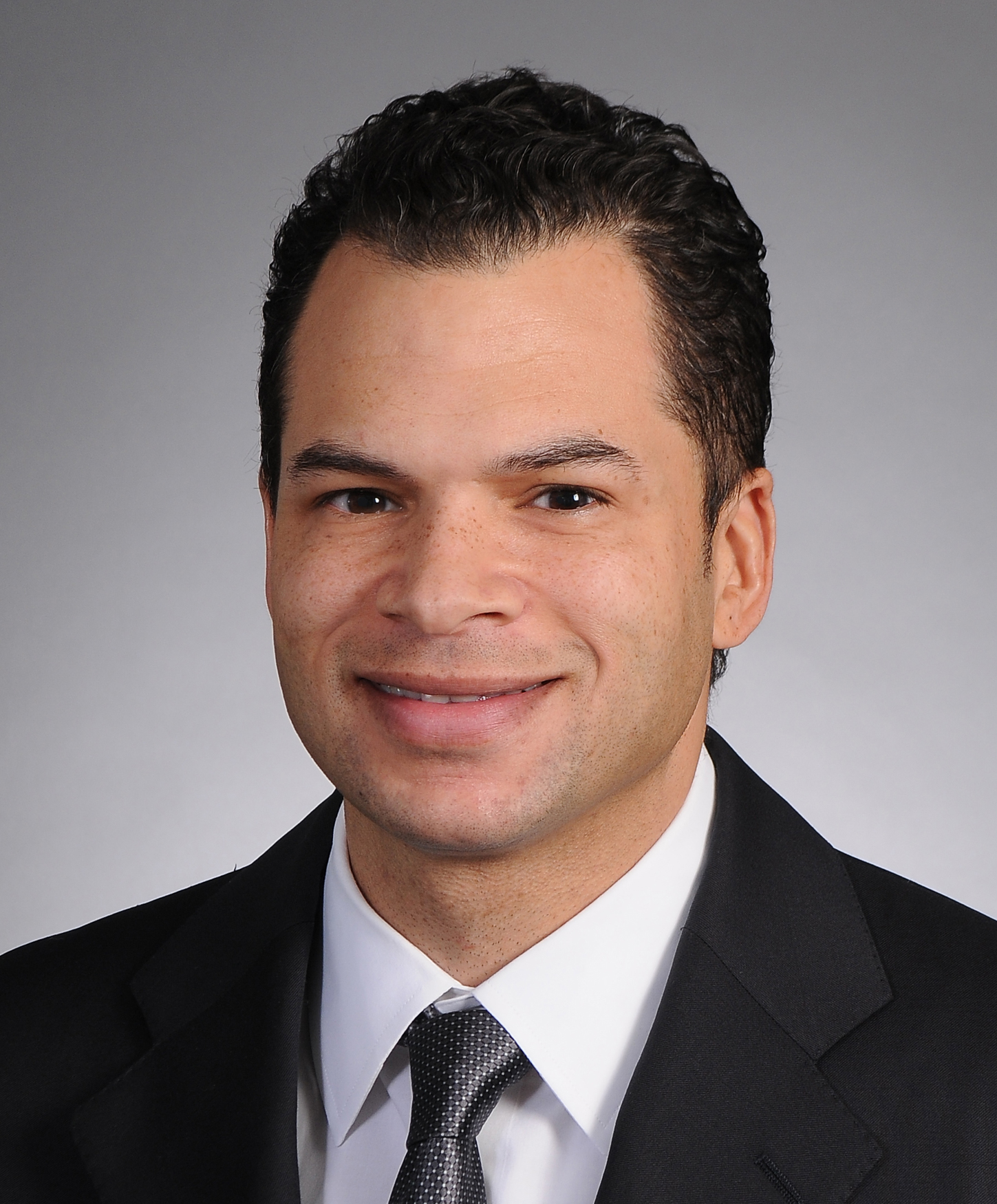| |
|
 Adrienne Ehrhardt, Partner | Digital Payment Adrienne Ehrhardt, Partner | Digital Payment
“The way consumers pay for goods and services and exchange money is rapidly evolving. Seamless financial vehicles, from digital wallets to readily available consumer microloans leveraging innovative technologies and payment terms, need to navigate and address a myriad of regulatory issues. ”
|
| |
|
 Miriam Farhi, Partner | Privacy Miriam Farhi, Partner | Privacy
"As more jurisdictions across the U.S. and the world propose and pass omnibus privacy laws, understanding a company’s data practices is critical to ensure compliance with new legal obligations. Every company should create and maintain a comprehensive data map that tracks how information is collected, used, shared, stored, and secured throughout the company lifecycle."
|
| |
|
 Marcelo Halpern, Partner | Artificial Intelligence Marcelo Halpern, Partner | Artificial Intelligence
"Working at the intersection of blockchain, fintech, and AI technologies raises complex legal issues that demand both legal and technical expertise. Regulatory compliance in fintech blends with questions of data privacy and liability in AI-driven decision-making while balancing the challenges of distributed blockchain transactions to create unprecedented legal challenges as well as opportunities to frame a new legal paradigm."
|
| |
|
 Dean Harvey, Partner | Artificial Intelligence Dean Harvey, Partner | Artificial Intelligence
"The risk of inadvertent discriminatory bias in machine learning models remains a difficult problem to address, but it can and should be done. Companies leveraging AI should ensure they fully understand the risks associated with their use of machine learning and proactively work to avoid discriminatory impacts."
|
| |
|
 Sam Hong, Partner | Mergers & Acquisitions Sam Hong, Partner | Mergers & Acquisitions
"There is no longer a meaningful distinction between technology M&A deals and non-technology M&A deals. Modern target companies, even those in traditional “tech-light” or even “non-tech” industries and spaces, own or use technology. Accordingly, comprehensive diligence of any target likely requires technology and IP knowledge."
|
| |
|
 Sam Jo, Partner | Increased Investment in Edge Computing Sam Jo, Partner | Increased Investment in Edge Computing
"A wave of innovation in next-generation IoT infrastructures and applications has led clients to invest significant resources in efficiently connecting systems and broader ecosystems. This includes combining evolving technologies; pushing more computing and storage infrastructure to the edge; and creating custom servers and devices that optimize edge efficiency."
|
| |
|
 Ronald Koo, Partner | Metaverses Ronald Koo, Partner | Metaverses
"Video games and social media are converging to replace most forms of digital interaction and communication. As in the early days of e-commerce or the cloud, the leap into these ‘metaverses’ will require businesses to understand (and tolerate) many complex and novel legal issues."
|
|
|
 Elizabeth Mendoza, Partner | Artificial Intelligence Elizabeth Mendoza, Partner | Artificial Intelligence
"AI and machine learning are changing the way we interact with each other, the way we consume products and services, and our overall economy. Undrstanding the privacy and IP implications of these technologies is crucial for companies to leverage these AI/ML advances in ways to make them more competitive and create a more inclusive economy." |
|
|
 Justin Moon, Partner | Deepfakes Justin Moon, Partner | Deepfakes
"Deepfakes are growing in sophistication. In addition to the individual harm these media can cause, the implications of using deepfakes in state-sponsored disinformation efforts presents national security threats." |
| |
|
 Stephanie Roy, Partner | Big Tech as Big Telecom Stephanie Roy, Partner | Big Tech as Big Telecom
"Big tech is increasingly synonymous with big telecom. From data centers to fiber networks and satellite systems, tech companies are taking on higher profile projects in the field and must grapple with the policy and legal implications of their multiple roles. This means reconciling past and current practices with telecom regulatory requirements and managing concurrent roles as both controllers and processors of the world’s biggest data sets."
|
| |
|
 Kirk Soderquist, Partner | Technology Convergence Kirk Soderquist, Partner | Technology Convergence
"The ongoing convergence of media, entertainment, games, and sports with various technologies will continue to transform established services and industries, work, and play. This convergence also will enable entirely new devices and forms of content and content delivery to emerge."
|
| |
|
 Mark Wicker, Partner | Biotechnology Mark Wicker, Partner | Biotechnology
"Biotechnology innovations are accelerating at a blistering pace. Big pharma is in a race to gain earlier preclinical access to these new technologies—before their competitors do. Creative deal structures that meet the needs of both parties can provide such early access for big pharma, while also providing great benefits for biotechnology companies."
|
| |
|
 Meeka Bondy, Senior Counsel | Media Convergience Meeka Bondy, Senior Counsel | Media Convergience
"Technology is changing every stage of the content life cycle. Content creators are grappling with an array of emerging data and interactive and immersive technologies. Distributors of film, TV, and digital content are facing an exploding number of platforms, networks, devices, and apps."
|
| |
|
 Jesús Castillón, Senior Counsel | As-a-Service Offerings Jesús Castillón, Senior Counsel | As-a-Service Offerings
“As organizations move to replace traditional on-premises solutions with “as a service” offerings, they must carefully consider if the differences outweigh the benefits when compared to traditional software licensing, especially as they relate to critical applications and the types of data involved. ”
|
| |
|
 Sarah Konz, Senior Counsel | Critical IT Infrastructure Procurement Sarah Konz, Senior Counsel | Critical IT Infrastructure Procurement
"There are many moving parts to consider when engaging an IT vendor for critical infrastructure, from uptime and support needs, to data privacy and security compliance, to appropriate risk allocation and exposure. The ever-changing and complex legal landscape that affects these deals requires sophisticated, yet business-savvy, legal counsel."
|
| |
|
 Lisa Oratz, Senior Counsel | AI and Copyright Lisa Oratz, Senior Counsel | AI and Copyright
"AI is changing how we think about creativity and raising questions about what types of creativity should be protectable, as well as how creative content should be used to further innovation. As AI opens up new avenues of creativity, uncertainties in the law may stifle that creativity. Copyright law needs to strike a balance that will protect both creativity and innovation."
|
 Elizabeth Mendoza, Partner | Artificial Intelligence
Elizabeth Mendoza, Partner | Artificial Intelligence Justin Moon, Partner | Deepfakes
Justin Moon, Partner | Deepfakes















 Sarah Konz, Senior Counsel
Sarah Konz, Senior Counsel